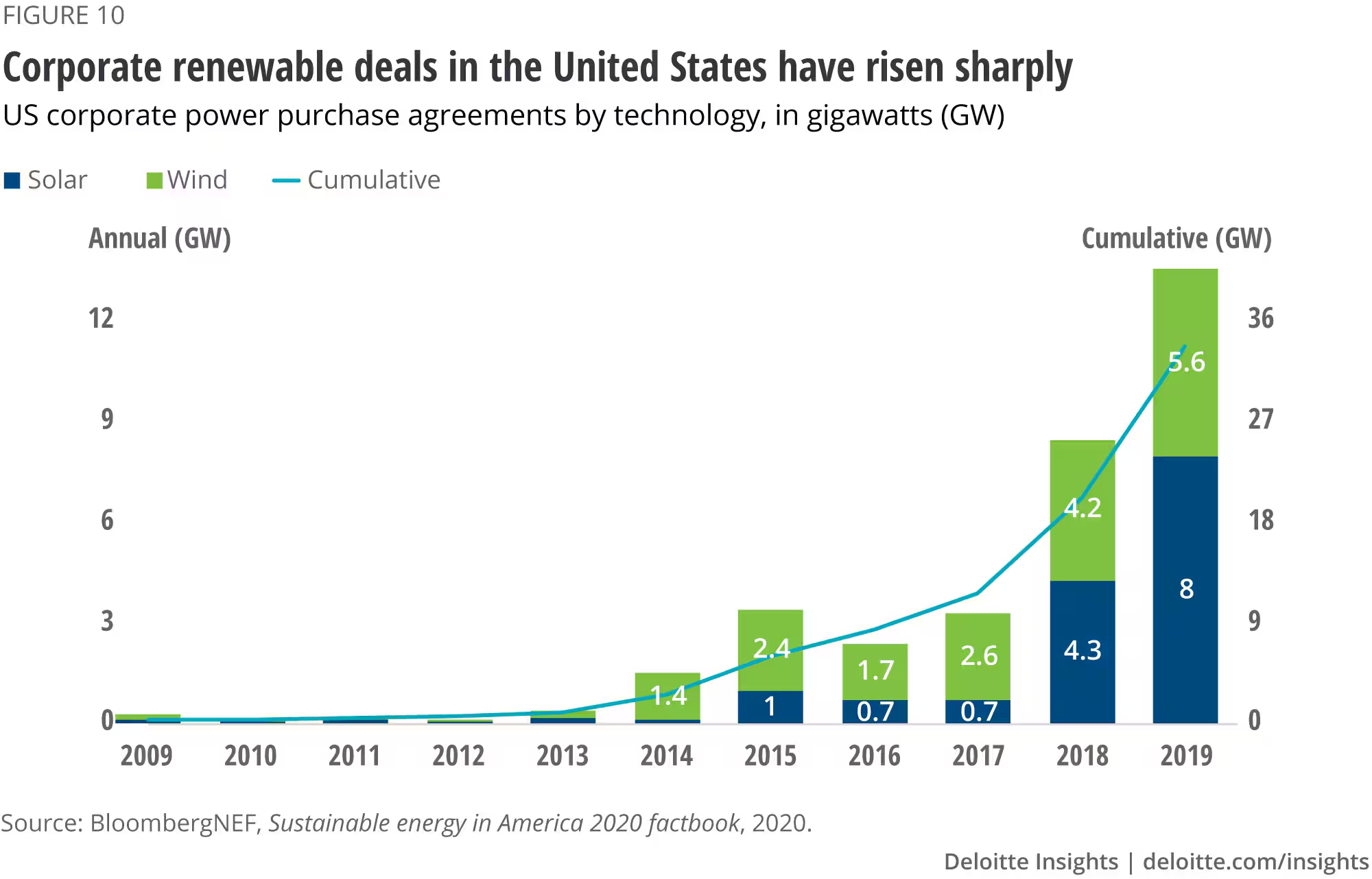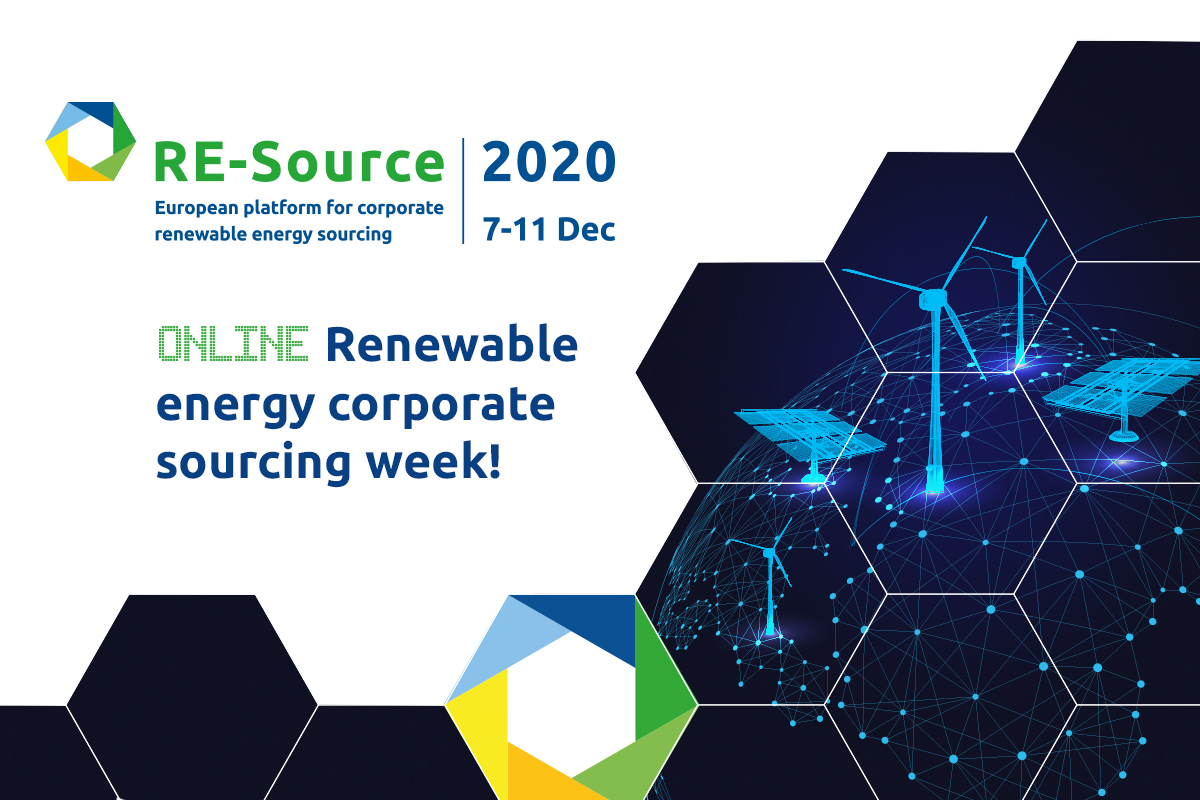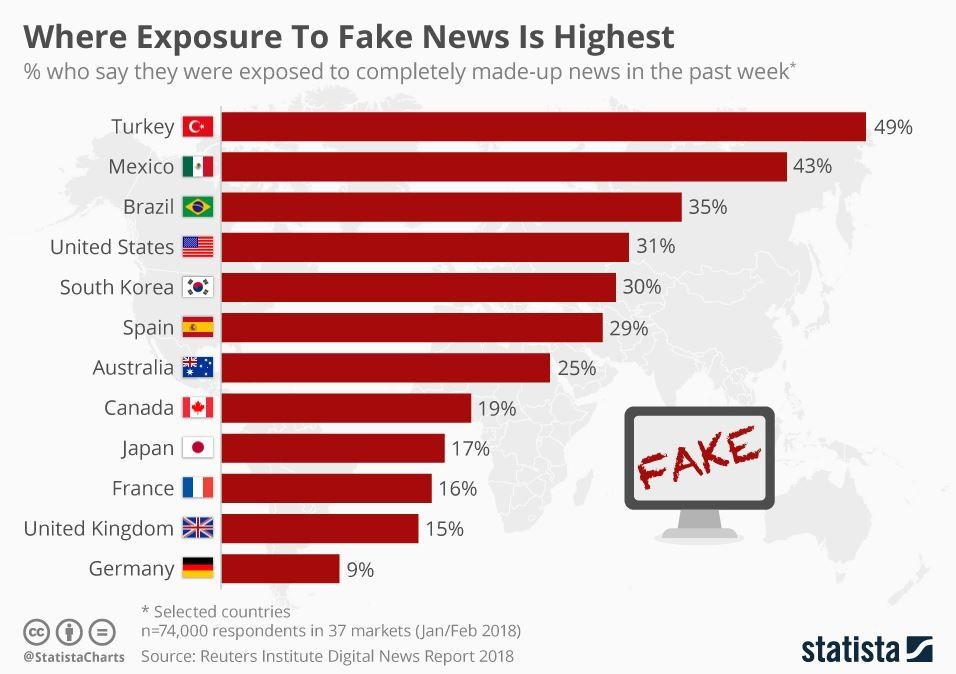
Introduction
In 2024, corporate commitments to renewable energy have reached unprecedented heights, signaling a transformative shift in how businesses approach sustainability. This remarkable surge reflects a growing recognition of the need to combat climate change and the economic benefits of investing in clean energy. This article delves into the factors driving this growth, examines notable corporate pledges, and explores the implications for the future of renewable energy.
1. The Surge in Corporate Renewable Energy Commitments
Corporate renewable energy commitments have skyrocketed in 2024, setting new records that underscore the shift towards a greener future. Major corporations across various industries have announced ambitious targets to transition to renewable energy sources, driven by both environmental imperatives and economic incentives.
1.1. Record-Breaking Pledges
Several high-profile companies have made headlines with their bold commitments. For instance, tech giants like Google and Microsoft have pledged to achieve 100% renewable energy for their global operations. These pledges are not isolated but part of a broader trend, with hundreds of companies following suit and setting their own ambitious targets.
1.2. The Role of Corporate Social Responsibility (CSR)
Corporate Social Responsibility (CSR) has played a crucial role in this shift. Companies are increasingly aware that their environmental impact is under scrutiny from consumers, investors, and regulators. As a result, CSR strategies now prominently feature renewable energy goals, reflecting a broader understanding that sustainability is integral to long-term business success.
2. Factors Driving the Record Growth
The unprecedented growth in corporate renewable energy commitments can be attributed to several key factors:
2.1. Economic Benefits
Renewable energy has become increasingly cost-competitive with traditional fossil fuels. Technological advancements and economies of scale have driven down the cost of solar, wind, and other renewable sources. As a result, businesses are finding that investing in renewable energy can lead to significant cost savings and greater energy security.
2.2. Investor Pressure
Investors are demanding greater transparency and accountability regarding environmental, social, and governance (ESG) factors. Companies are responding to this pressure by integrating renewable energy commitments into their business models. Investment firms are also increasingly directing funds towards companies with strong sustainability credentials, creating a financial incentive for businesses to adopt renewable energy.
2.3. Regulatory and Policy Support
Governments around the world are implementing policies that promote renewable energy adoption. Incentives such as tax credits, subsidies, and renewable energy mandates are encouraging companies to invest in clean energy. Additionally, international agreements and national targets for reducing greenhouse gas emissions are driving businesses to align their strategies with global climate goals.
3. Case Studies: Leading the Way
Several companies have emerged as leaders in the renewable energy space, setting benchmarks for others to follow. Here are a few notable examples:
3.1. Google
Google has long been a pioneer in renewable energy commitments. In 2024, the company announced that it had achieved its goal of running its global operations on 100% renewable energy. This milestone reflects Google’s ongoing efforts to reduce its carbon footprint and invest in innovative clean energy solutions.
3.2. Microsoft
Microsoft has also made significant strides in renewable energy. The company recently set a new target to achieve carbon negativity by 2030, going beyond just offsetting its emissions. Microsoft is investing in renewable energy projects and developing new technologies to drive its sustainability agenda forward.
3.3. Apple
Apple has committed to powering all its facilities worldwide with 100% renewable energy. The company is also working to extend this commitment to its entire supply chain, aiming to drive broader adoption of clean energy across the technology sector.
4. Implications for the Future
The record-setting growth in corporate renewable energy commitments has several implications for the future:
4.1. Accelerated Transition to Renewable Energy
As more companies commit to renewable energy, the transition to a clean energy future will accelerate. This shift will drive further innovation in renewable technologies and infrastructure, making clean energy increasingly accessible and affordable.
4.2. Enhanced Corporate Reputation
Companies that lead in renewable energy commitments will enhance their reputation and appeal to environmentally conscious consumers and investors. This competitive advantage can translate into increased market share and long-term business success.
4.3. Policy and Market Shifts
The growing corporate demand for renewable energy will influence policy and market dynamics. Governments may introduce new incentives and regulations to support this trend, while energy markets will increasingly favor renewable sources.
5. Challenges and Opportunities
Despite the positive momentum, there are challenges that companies may face in their renewable energy journey:
5.1. Supply Chain and Infrastructure
Scaling up renewable energy commitments requires substantial investment in infrastructure and supply chain management. Companies must navigate complexities related to energy storage, grid integration, and sourcing renewable energy from diverse locations.
5.2. Long-Term Sustainability
Maintaining and scaling renewable energy initiatives over the long term can be challenging. Companies need to develop robust strategies to ensure that their commitments remain sustainable and aligned with evolving technological and market conditions.
6. Conclusion
The record-setting growth in corporate renewable energy commitments in 2024 represents a significant milestone in the global transition to a sustainable future. Driven by economic benefits, investor pressure, and supportive policies, companies are making unprecedented pledges to clean energy. As this trend continues, it will reshape the energy landscape, enhance corporate reputations, and drive innovation in renewable technologies. The future of corporate renewable energy looks promising, with ongoing efforts to overcome challenges and seize new opportunities for a greener, more sustainable world.

